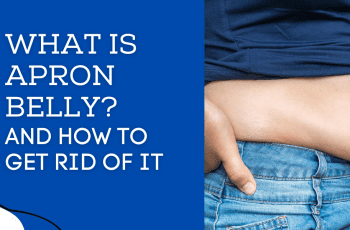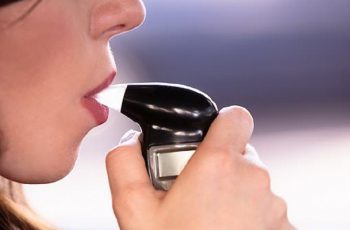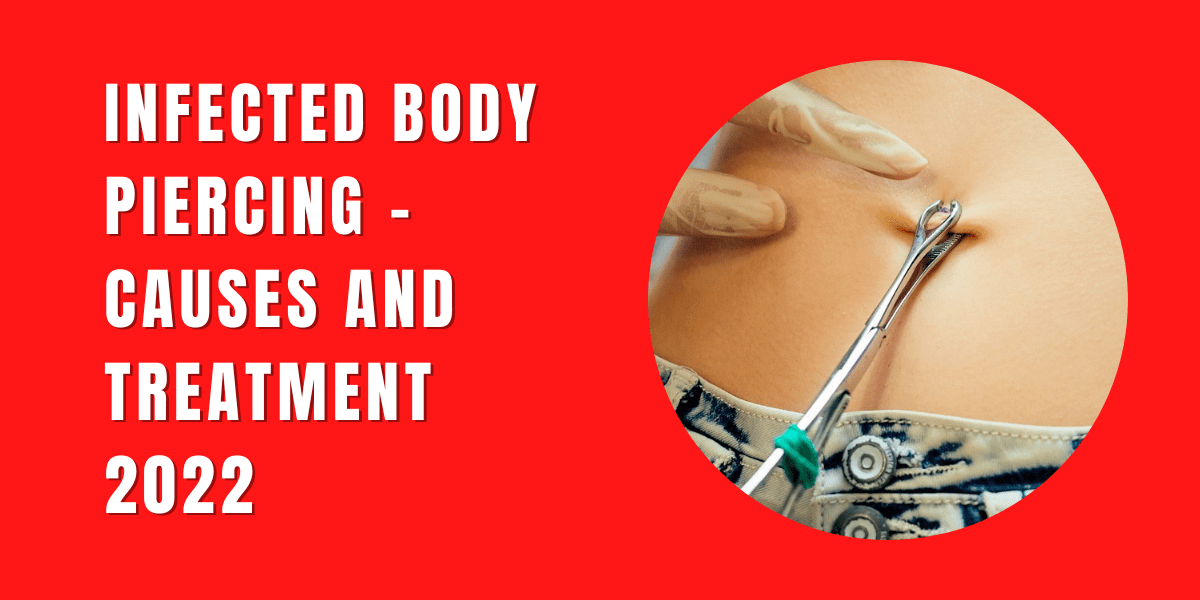
Whether you have a new piercing or not, it’s important to know the signs and symptoms of an infection. Infections can occur no matter how well you take care of your piercing. But don’t worry; most infections are minor and can be easily treated at home.
Body piercings are classified as any puncture wound made in the body, including Earlobes, eyebrows, navels, tongues, and genitals. The most common sites for infections are navels, Earlobes, and genitals.
Symptoms of an Infection
The symptoms of infection vary depending on the type of infection. The most common symptoms are:
-Redness
-Swelling
-Pain
-Pus or drainage
-Warmth around the piercing site
-Fever (in severe cases)
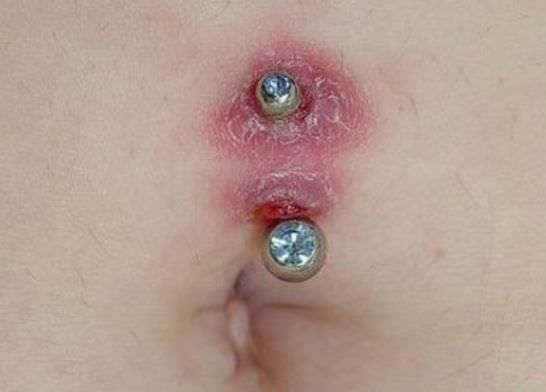
Treatment for an Infection
The best way to treat an infection is to see your doctor as soon as possible. If you have a mild infection, you may be able to treat it at home with over-the-counter medication. Severe infections will require antibiotics. Home treatment for mild infections includes:
-Cleaning the piercing site with warm water and soap 2 to 3 times a day
-Avoiding touching or playing with the piercing
-Applying a warm compress to the area for 10 to 15 minutes 3 to 4 times a day
-Taking Ibuprofen to relieve pain and swelling (do not take it if you are allergic to ibuprofen) – Wearing loose-fitting clothing to avoid irritation
Minor infections can usually be treated at home, but you must see your doctor if the symptoms persist or worsen. Severe infections will require antibiotics.
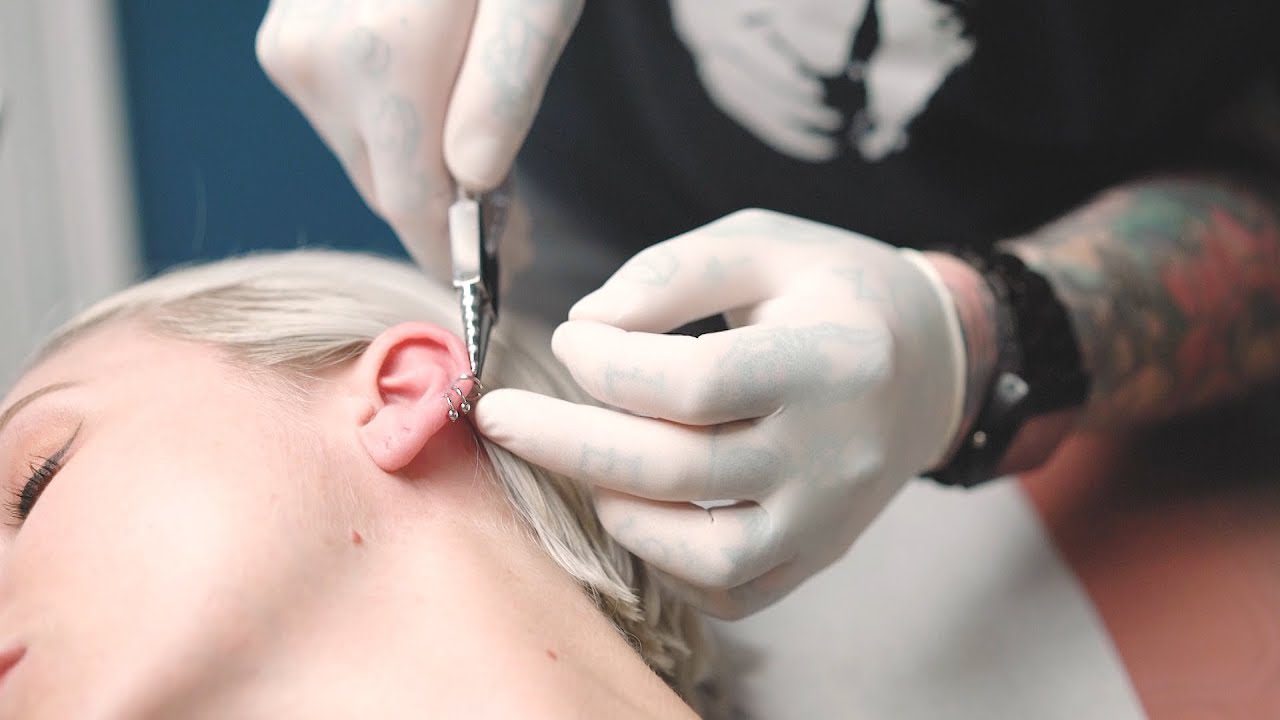
Types of piercing infections
Piercing infections are more common than you might think, so it’s important to be informed about the different types and how to treat them.
Bacterial Infections
The most common type of piercing infection is a bacterial infection. This can occur when bacteria enter the piercing site through contact with contaminated hands, clothing, or jewelry. Bacterial infections can cause redness, swelling, and pain at the piercing site. They can also lead to pus-filled bumps called abscesses.
If you think you might have a bacterial infection, it’s important to see a doctor as soon as possible. Untreated bacterial infections can spread and become very serious. Your doctor will likely prescribe antibiotics to clear up the infection. They may also recommend removing your piercing and not wearing jewelry in the affected area until the infection has completely cleared up.
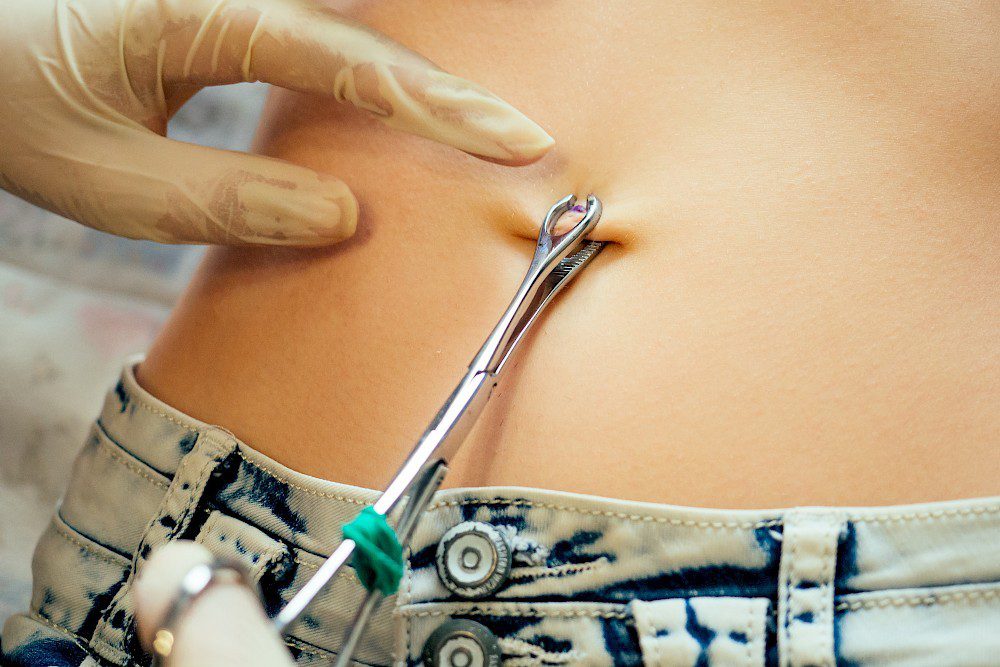
Viral Infections
Viral infections are another type of piercing infection you must be aware of. Unlike bacterial infections, viral infections cannot be treated with antibiotics. The most common viral infection associated with body piercings is hepatitis C. Hepatitis C is a serious liver disease that can be life-threatening if left untreated.
Hepatitis C is typically spread through contact with contaminated blood. This can happen if you share jewelry with someone with the virus or if your piercing instrument is not properly sterilized between uses. If you think you might have a viral infection, you must see a doctor immediately to begin treatment as soon as possible. There is no cure for hepatitis C, but there are treatments that can help manage the virus and reduce your risk of serious complications.
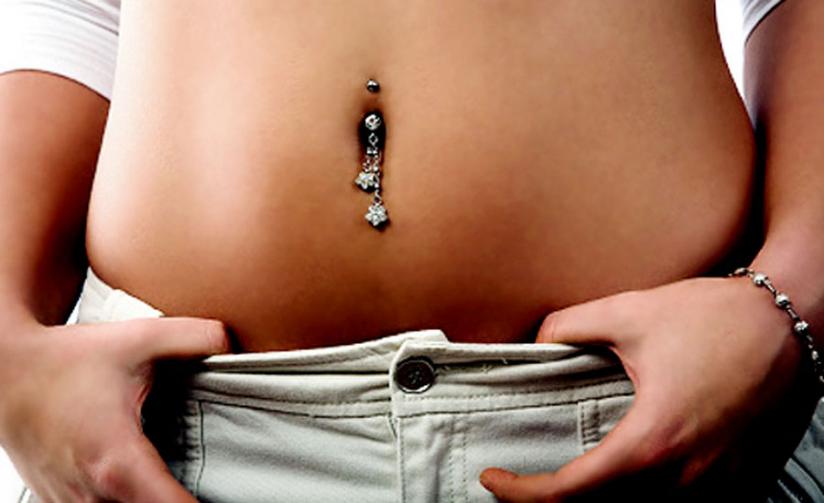
Fungal Infections
Fungal infections are another type of piercing infection that can occur. These infections are typically caused by mold or yeast spores that enter the body through the pierced area. Fungal infections can cause redness, itching, and burning at the piercing site. They can also lead to pus-filled bumps called abscesses.
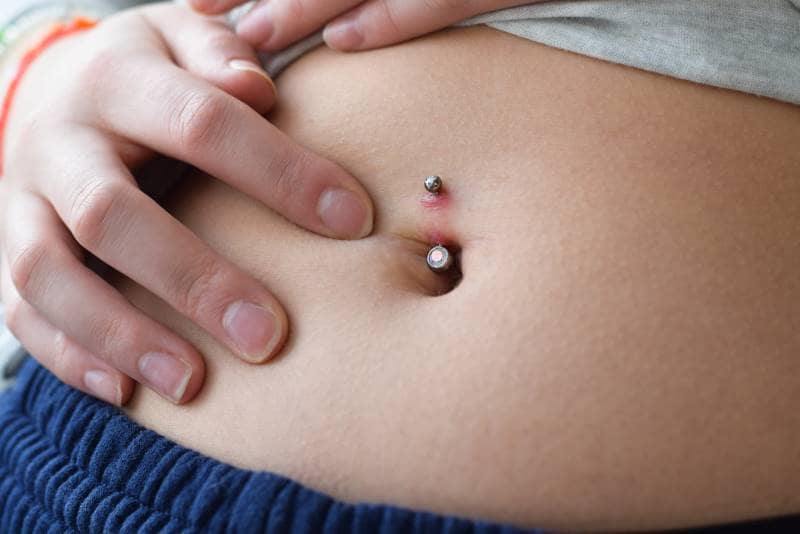
Antibiotics for ear piercing infection
Many different antibiotics are available, so it’s important to choose one targeted explicitly at treating ear-piercing infections. The most commonly prescribed antibiotics for this condition are amoxicillin and clindamycin.
Amoxicillin is a broad-spectrum antibiotic that is effective against many bacteria. It is typically taken three times daily for seven to ten days. Common side effects include nausea, vomiting, and diarrhea.
Clindamycin is a narrower-spectrum antibiotic that is effective against a limited range of bacteria. It is usually taken twice daily for seven to ten days. Common side effects include nausea, vomiting, diarrhea, and skin rash.
Amoxicillin and clindamycin are both effective antibacterial medications for this condition. Most ear piercing infections will clear up within seven to ten days with proper treatment. However, if you have any of the above symptoms, you should see a doctor as soon as possible.
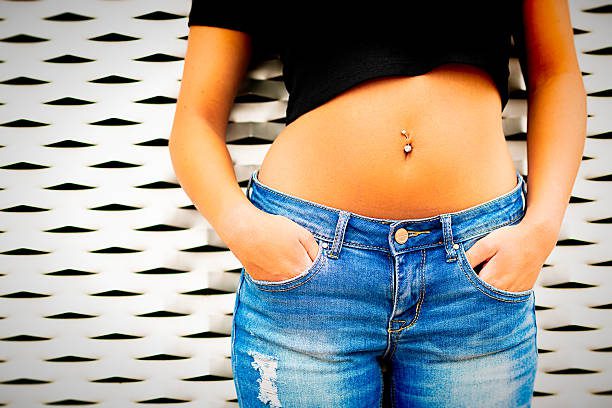
How much does it cost for an infected body piercing?
Treatment for a minor infection may only require oral antibiotics, which can be obtained at a relatively low cost at your local pharmacy. However, more severe infections may require intravenous (IV) antibiotics, which a doctor or nurse must administer. IV antibiotics will vary depending on your insurance coverage, but it is typically more expensive than oral antibiotics.
If your piercing is infected with MRSA, you will likely need to be hospitalized and treated with IV antibiotics. The cost of hospitalization will again depend on your insurance coverage, but it can be costly. In some cases, MRSA can lead to serious health complications, adding to the overall treatment cost.
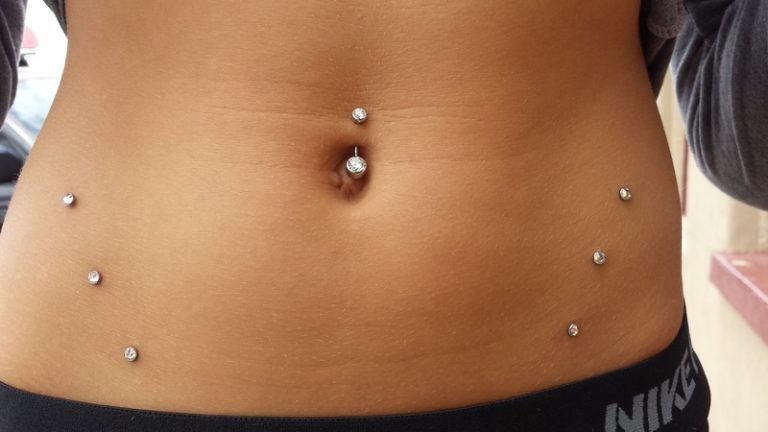
Conclusion
Piercing infections can be severe and should be treated as soon as possible. Bacterial, viral, and fungal infections can all occur after body piercings. Antibiotics are the most common treatment for bacterial infections, while there is no cure for viral infections. Fungal infections can be treated with antifungal medications.
Treatment costs will vary depending on the type and severity of the infection. If you think you might have a piercing infection, see a doctor immediately to begin treatment.
Frequently Asked Questions (FAQs)
Will an infected piercing heal on its own?
Minimal infections after ear piercing usually clear up in about two weeks with at-home treatment. When to get medical help. Some patients may require additional care outside the house. Seek medical attention if your earring or its backing becomes lodged in your earlobe.
How long does an infected piercing take to heal?
It is possible to treat a minor infection in a pierced ear using over-the-counter medication. Most can be treated and cleared up in 1-2 weeks.
Do I need antibiotics for infected piercing?
Most ear piercing infections are brought on by Pseudomonas aeruginosa, which can only be treated with broad-spectrum antibiotics like ciprofloxacin or levofloxacin.
Should I squeeze pus out of infected piercing?
If your doctor doesn't tell you otherwise, leave it in because closing the hole in the skin can trap bacteria or pus within. Also, don't press the pus out, since this could spread infection to the piercing.
What piercings get infected the most?
The navel, due to its location and shape, is more susceptible to infection than any other piercing site. Good skin cleanliness and antibiotics are usually sufficient to treat infections. In most cases, jewelry can stay in place even if you have an infection.


